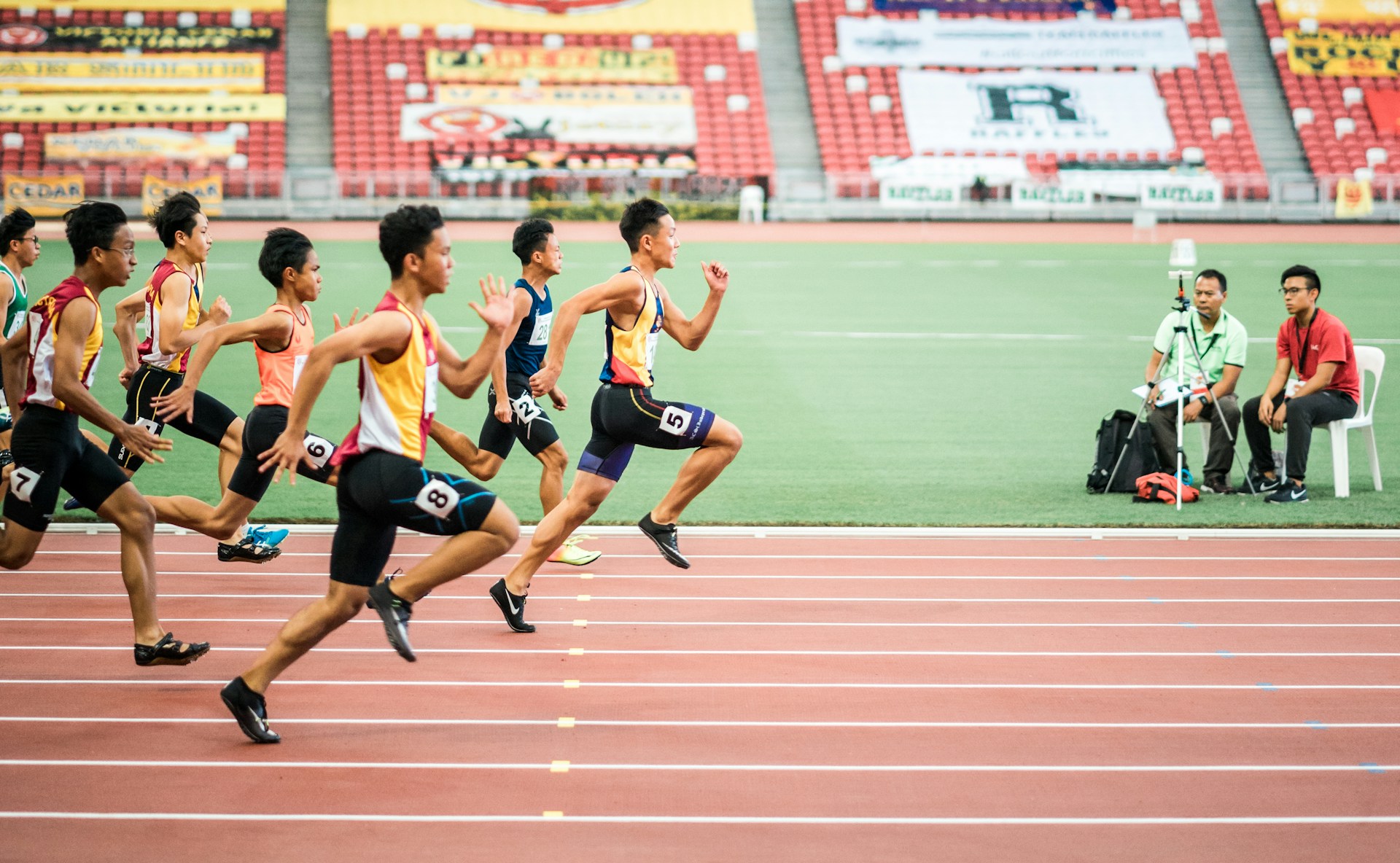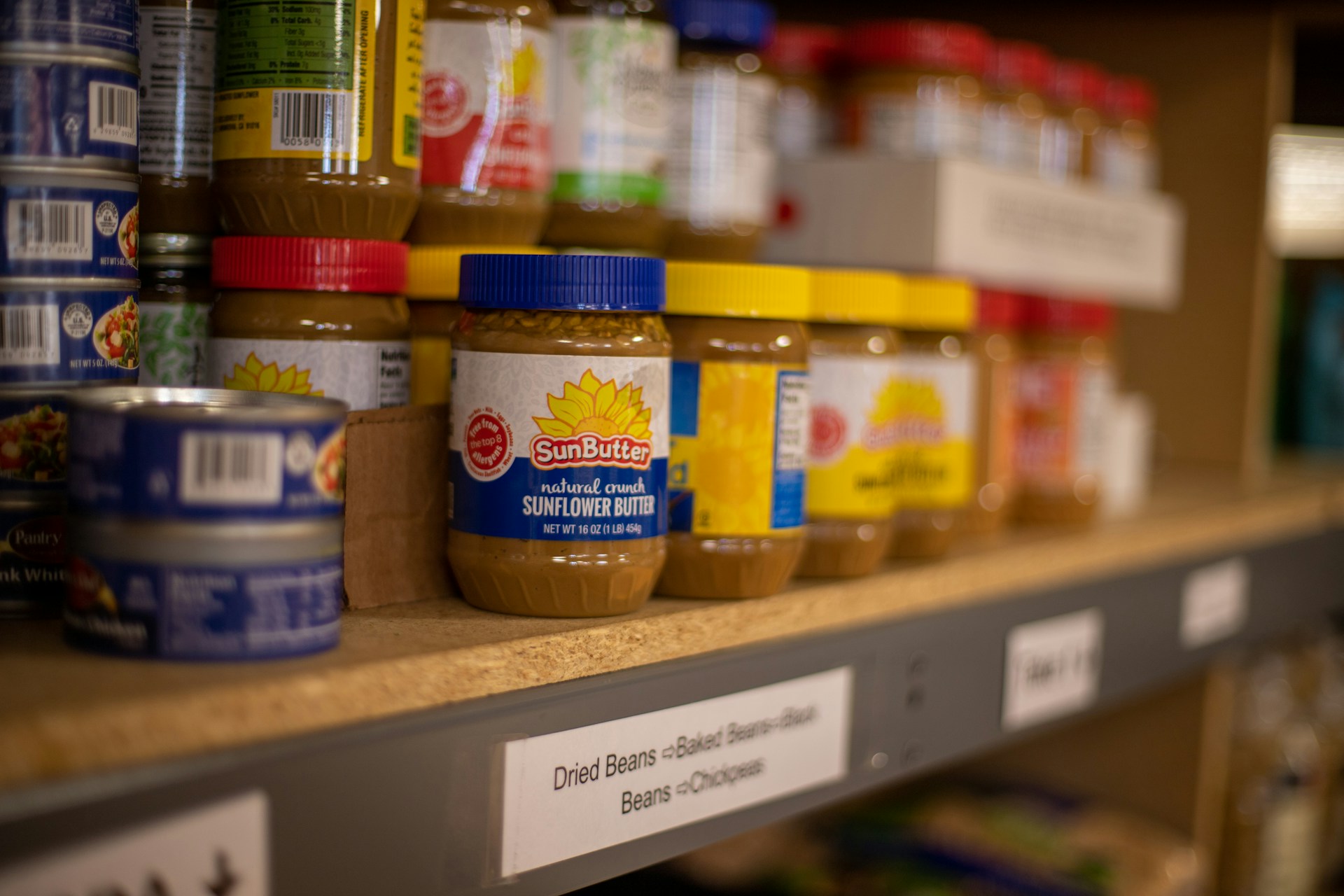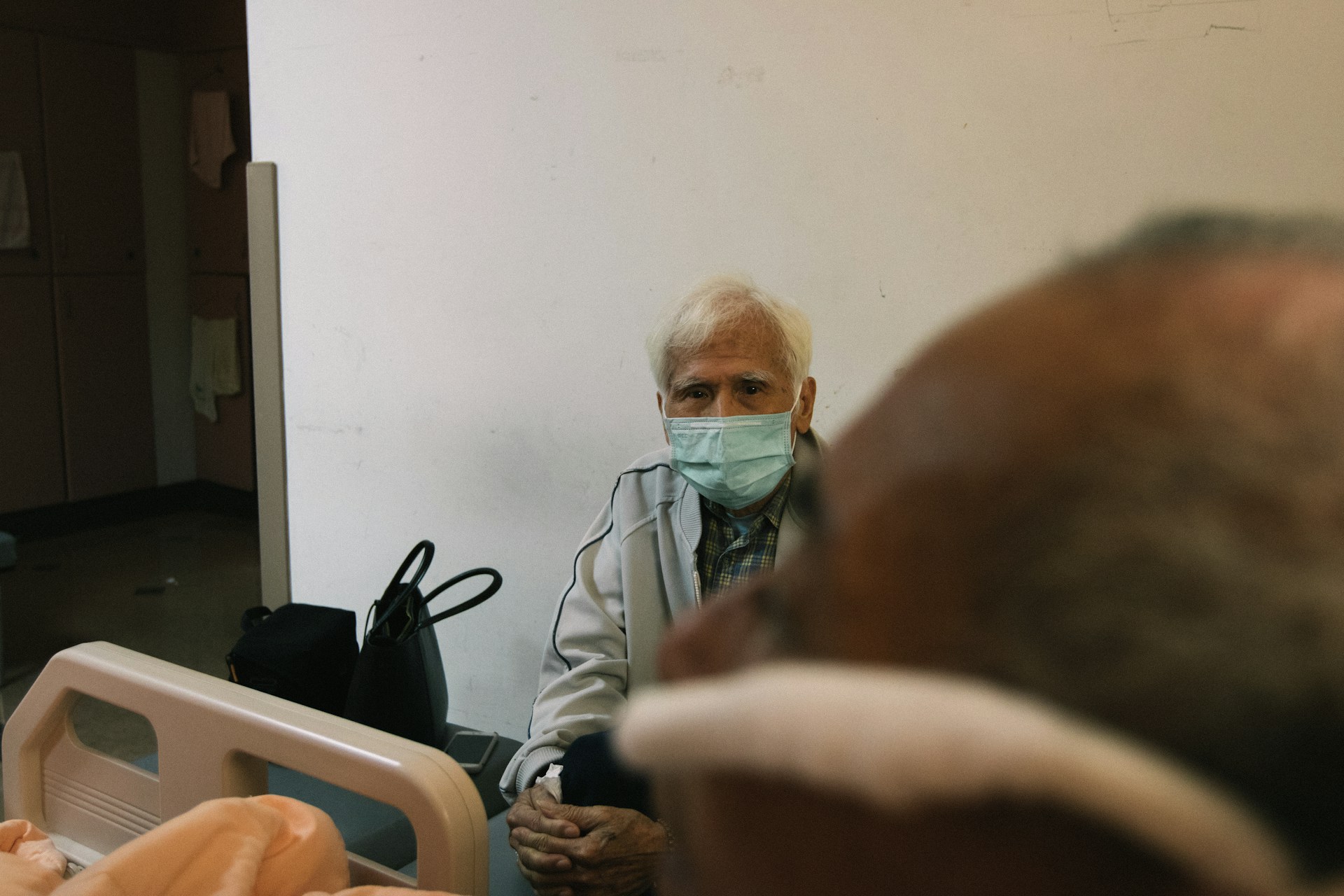Exploring Knowledge of Gene-Based Nutrition Services among Indonesian Nutritionists
Gambaran Pengetahuan Ahli Gizi Tentang Pelayanan Gizi Berbasis Gen di Indonesia

Downloads
Background: Individuals possess unique genes that influence their susceptibility to diseases and their response to dietary interventions. The emergence of nutritional genomics has made it possible to identify disease predispositions and mitigate risks through gene-based dietary guidance. Consequently, understanding gene-based nutrition services is crucial for nutritionists, as it facilitates the integration of genetic insights into dietary recommendations.
Objectives: This study aims to evaluate the familiarity of dietitians in Indonesia with gene-based nutrition services.
Methods: Employing a qualitative approach with a phenomenological orientation, this study was conducted in DKI Jakarta, Jawa Barat, Jawa Tengah, Jawa Timur, and DI Yogyakarta. Purposive sampling was employed, involving a total of seven nutritionists. Data were gathered through in-depth interviews conducted both in person and online via Zoom meetings. Thematic analysis was carried out utilizing Nvivo 12.0.
Results: The knowledge of nutritionists regarding nutritional genomics is limited. While they could explain fundamental concepts, their understanding lacked depth. Similarly, their comprehension of gene-based nutrition services was restricted, leading to uncertainties about their role in such services. Nutritionists generally expressed positive attitudes towards gene-based nutrition services, recognizing their significance and advocating for their provision by relevant agencies. There was a strong interest among nutritionists in offering gene-based nutrition services and a willingness to expand their understanding of nutritional genomics.
Conclusions: The knowledge of nutritionists regarding gene-based nutrition services remains insufficient. There is a need for nutritionists to undergo training, attend seminars, and enhance their understanding of nutritional genomics in academic settings.
Alsulami, S. et al. Interaction between the genetic risk score and dietary protein intake on cardiometabolic traits in Southeast Asian. Genes Nutr. 15, 1–10 (2020).
Alathari, B. E., Sabta, A. A., Kalpana, C. A. & Vimaleswaran, K. S. Vitamin D pathway-related gene polymorphisms and their association with metabolic diseases : A literature review. J. Diabetes Metab. Disord. 19, 1701–1729 (2020).
Surendran, S. et al. A nutrigenetic approach for investigating the relationship between vitamin B12 status and metabolic traits in Indonesian women. J. Diabetes Metab. Disord. 18, 389–399 (2019).
Alathari, B. E. et al. Interaction between vitamin d-related genetic risk score and carbohydrate intake on body fat composition: A study in southeast asian Minangkabau women. Nutrients 13, 1–13 (2021).
Muhammad, H. F. L., Sulistyoningrum, D. C., Kusuma, R. J., Dewi, A. L. & Karina, I. Buku Ajar Nutrigenomik dan Nutrigenetik Bagi Mahasiswa Gizi. (Gadjah Mada University Press, 2021).
Delmi, S. Menuju Diet Individu Berdasarkan Kajian Nutrigenomik dan Nutrigenetik. in Rapat Majelis Guru Besar Universitas Andalas (Universitas Andalas, 2019).
Aji, A. S., Erwinda, E., Rasyid, R. & Yusrawati, Y. A genetic approach to study the relationship between maternal Vitamin D status and newborn anthropometry measurements : the Vitamin D pregnant mother ( VDPM ) cohort study. J. Diabetes Metab. Disord. 19, 91–103 (2020).
Ordovas, J. M., Ferguson, L. R., Tai, E. S. & Mathers, J. C. Personalised Nutrition and Health. BMJ 361, 1–7 (2018).
van Ommen, B. et al. Systems biology of personalized nutrition. Nutr. Rev. 75, 579–599 (2017).
Proboningsih, J. Nutrigenomik Alternatif Penanganan Kesehatan Di Masa Depan. VIII, 50–52 (2015).
Collins, J. et al. The Application of Genetics and Nutritional Genomics in Practice: An International Survey of Knowledge, Involvement and Confidence Among Dietitians in the US, Australia and the UK. Genes Nutr. 8, 523–533 (2013).
Pray, L. Nutrigenomics and the Future of Nutrition. in Proceedings of a Workshop – in Brief (The National Academies Press, 2018). doi:10.17226/25147.
Abrahams, M., Frewer, Lynn J.1. Abrahams, M., Frewer, L. J., Bryant, E. & Stewart-Knox, B. Personalised Nutrition Technologies and Innovations: A Cross-National Survey of Registered Dietitians. Public Health Genomics 22, 119–131 (2019)., Bryant, E. & Stewart-Knox, B. Personalised Nutrition Technologies and Innovations: A Cross-National Survey of Registered Dietitians. Public Health Genomics 22, 119–131 (2019).
Yilmaz, S., Yilmaz, S. G., Ucar, A. & Celik, M. Genetics and Nutrigenetics : Involvement , Confidence and Knowledge of Turkish Dietitians. Int. J. Caring Sci. 14, 623–631 (2021).
Cooper, C. S. Sports Dietitians Knowledge and Perception of Nutritional Genomics and the Enhancement of Athletic Performance. (Kent State University, 2015).
Muhammad, H. F. L. Nutrigenetik: Rekomendasi Kebutuhan Energi dan Zat Gizi Makro Berbasis Genetik untuk Layanan Personalized Nutrition. (Gadjah Mada University Press, 2022).
Wright, O. R. L. Systematic review of knowledge, confidence and education in nutritional genomics for students and professionals in nutrition and dietetics. J. Hum. Nutr. Diet. 27, 298–307 (2014).
Abrahams, M., Frewer, L., Bryant, L. & B, S.-K. Perceptions and Experiences of Early-Adopting Registered Dietitians in Integrating Nutrigenomics Into Practice. 120, 763–776 (2017).
Elsamanoudya, A. Z., Neamat-Allah, M. A. M., Mohammad, F. A. H., Hassanien, M. & Nada, H. A. The Role of Nutrition Related Genes and Nutrigenetics in Understanding the Pathogenesis of Cancer. J. Microsc. Ultrastruct. 4, 115–122 (2016).
Sharma, P. & Dwivedi, S. Nutrigenomics and Nutrigenetics : New Insight in Disease Prevention and Cure. Indian J. Clin. Biochem. 32, 371–373 (2017).
Uthpala, T. G. ., Fernando, H. ., Thibbotuwawa, A. & Jayasinghe, M. Importance of Nutrigenomics and Nutrigenetics in Food Science. MOJ Food Process Technols 8, 114"’119. (2020).
Phillips, C. M. Nutrigenetics and Metabolic Disease: Current Status and Implications for Personalised Nutrition. Nutrientsents 5, 32–57 (2013).
Henuhili, V. Gen-Gen Penyebab Obesitas dan Hubungannya dengan Perilaku Makan. in Seminar Nasional Penelitian, Pendidikan dan Penerapan MIPA, Fakultas MIPA, Universitas Negeri Yogyakarta 170 (Universitas Negeri Yogyakarta, 2010).
Fanardy, A. Nutrigenme ®. CDK-283 47, 149–152 (2020).
Mitchell, D. Nutrigenomics: A Comparison Of Perceptions And Knowledge Of Health Professionals. (California State University, 2016).
Hafizhah, R. D. Hubungan Pengetahuan Tentang Pelayanan Gizi Berbasis Gen Terhadap Keterlibatan dan Kepercayaan Diri Tenaga Gizi di Indonesia. (Universitas Alma Ata, 2023).
Renzo, L. Di et al. Role of Personalized Nutrition in Chronic-Degenerative Diseases. Nutrients 11, 1–24 (2019).
Ferguson, L. . et al. Guide and Position of the International Society of Nutrigenetics/Nutrigenomics on Personalised Nutrition: Part 1 - Fields of Precision Nutrition. J Nutr. Nutr. 9, 12–27 (2016).
Nacis, J. S. et al. "Right diet for the right person”: a focus group study of nutritionist-dietitians' perspectives on nutritional genomics and gene-based nutrition advice. J. Community Genet. 13, 49–57 (2022).
Horne, J., Madill, J. & O'Connor, C. Exploring Knowledge and Attitudes of Personal Nutrigenomics Testing among Dietetic Students and its Value as a Component of Dietetic Education and Practice. Can. J. Clin. Nutr. 4, 50–62 (2016).
Copyright (c) 2024 Amerta Nutrition

This work is licensed under a Creative Commons Attribution-ShareAlike 4.0 International License.
AMERTA NUTR by Unair is licensed under a Creative Commons Attribution-ShareAlike 4.0 International License.
1. The journal allows the author to hold the copyright of the article without restrictions.
2. The journal allows the author(s) to retain publishing rights without restrictions
3. The legal formal aspect of journal publication accessibility refers to Creative Commons Attribution Share-Alike (CC BY-SA).
4. The Creative Commons Attribution Share-Alike (CC BY-SA) license allows re-distribution and re-use of a licensed work on the conditions that the creator is appropriately credited and that any derivative work is made available under "the same, similar or a compatible license”. Other than the conditions mentioned above, the editorial board is not responsible for copyright violation.












































